Firms with great ideas can help revolutionize industries and transform the economy by boosting output, creating jobs, and benefiting consumers with high-quality goods and services. To motivate firms to compete in terms of great ideas and innovations, the National Science Foundation (NSF) has created the NSF Engines program to award innovators in different industries by region. Between 2023 and 2024, almost sixty firms have won NSF awards for innovation, with awards reaching as much as $160 million over 10 years to help those firms grow and develop further.
In North Carolina, The Industrial Commons (TIC) has been declared a “Regional Innovation Engine” by the National Science Foundation. TIC will lead the North Carolina Textile Innovation and Sustainability Engine (along with several other institutions) to drive textile manufacturing forward in the region. You can learn more about this initiative at NCTISE.org.
With its impressive work in textiles, TIC hopes to stimulate the regional economy of the Carolinas and southern Virginia. This nonprofit is focused on developing local businesses in the textile industry and helping businesses and individuals apply for and manage government grants. Through multiple funds, TIC helps locally-owned textile businesses get on their feet, helps educate and train incoming workers, and helps provide art programs to youth who need to reach their creative potential.
Innovation in Textile Industry Can Boost Jobs, Exports
The U.S. textile industry has struggled in recent decades due to low-cost competition from foreign rivals. With 500,000 U.S. workers in textiles, there is a strong labor force ready to make America a leading exporter once again. With innovative boosts, the United States could make its output prices more competitive compared to rivals, mostly in east Asia. By laying the groundwork for innovations in the textile industry, TIC can help maintain America’s sizable textile industry and ensure that it does not crumble under the weight of foreign competition.
While America may import lots of textiles, it also exports many advanced textiles, such as advanced microfibers, cloth with antibacterial properties, and insulated clothing that includes body armor. Therefore, while the U.S. may struggle to match the prices of textile competitors with lower production costs, innovations and advancements in specialized and high-tech textiles can keep our nation a leading textile producer and exporter. With each small business that The Industrial Commons helps develop, there is a greater chance of making improvements in those areas of advanced textiles.
De Minimis Import Rule Hurting Textile Industry
There is also concern that free trade is harming the domestic textile industry under the de minimis rule, which exempts goods worth less than $800 from tariffs. This means that low-cost individual imported items, such as cloth and clothing, are untaxed and place U.S. producers, which have to meet minimum wage, safety, and environmental standards, against foreign producers who face little or no regulation. Domestic textile companies want to change the de minimis rule to help rebalance the playing field.
Nonprofits like TIC, by helping local textile companies and encouraging the use of domestic resources, are doing their part to help keep the industry thriving in the United States. However, legislators in Washington should also focus on ensuring fair international trade policies, such as eliminating the de minimis rule that can lead to foreign dumping of low-cost items. This floods the market and undercuts domestic producers, leading to job losses and eventually a reliance on lower-quality imported goods.

